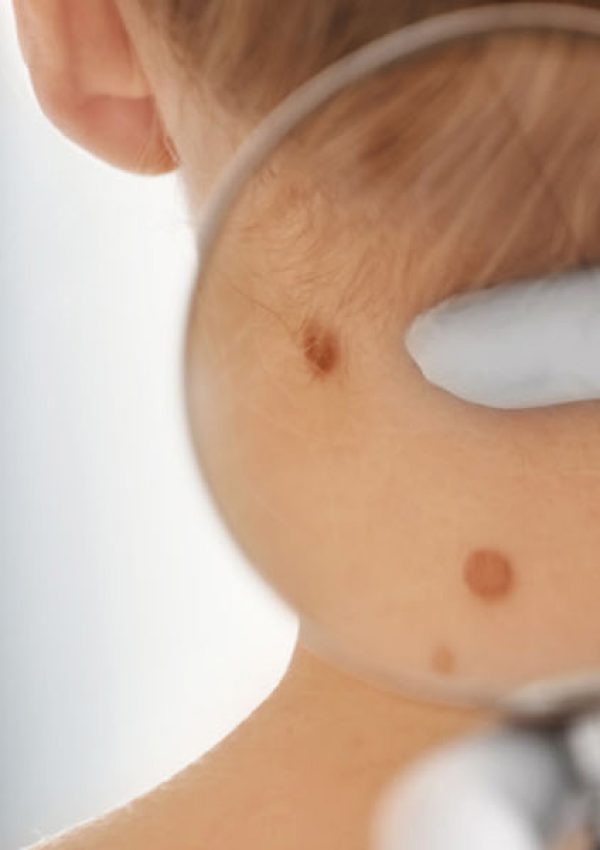Medrose Medical Center | Barsha Heights, Tecom
Skin cancer refers to the abnormal growth of skin cells, typically triggered by exposure to ultraviolet (UV) radiation from the sun or tanning beds. It is the most common type of cancer globally. There are several types of skin cancer, including basal cell carcinoma, squamous cell carcinoma, and melanoma.
Early detection and treatment of skin cancer are crucial for successful outcomes. Here are some signs and symptoms that may indicate the presence of skin cancer:
Changes in the skin: Look for new growths, moles, or existing spots that change in size, shape, color, or texture.
Unusual moles: Check for moles with irregular borders, uneven coloration, or a diameter larger than a pencil eraser.
Sores that don’t heal: Monitor any sores that persist and don’t heal within a few weeks.
Redness or inflammation: Pay attention to areas of the skin that appear red, irritated, or inflamed without any known cause.
Itching or bleeding: Notice if a mole or skin lesion becomes itchy, tender, or starts to bleed without any apparent reason.

If you observe any of these signs or have concerns about changes in your skin, it is recommended to see a doctor, specifically a dermatologist, for evaluation and proper diagnosis. They will examine the affected area and may perform a biopsy, if necessary, which involves removing a small sample of skin for further examination under a microscope.
Remember, early detection is key in treating skin cancer effectively. It is advisable to have regular skin examinations, particularly if you have a history of excessive sun exposure, a family history of skin cancer, or other risk factors. Additionally, practicing sun-safe behaviors such as wearing protective clothing, using sunscreen, and avoiding tanning beds can help reduce the risk of developing skin cancer.
Looking for effective skin cancer treatment in Al Barsha Heights, Tecom, Dubai?
Contact us at 055-263-3890 to schedule your consultation and explore our specialized skin cancer treatments. Let us provide you with the comprehensive care you need for accurate diagnosis and effective treatment.

